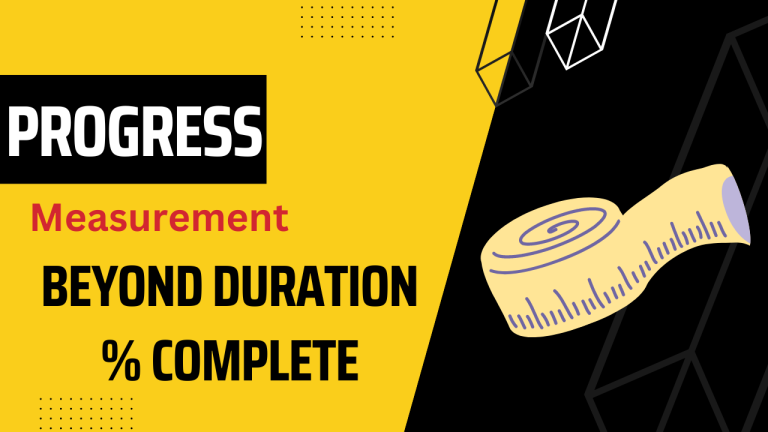In contemporary society, where rapid changes and superficial measures often dominate our understanding of success, the Bahá’í teachings illuminate a nuanced approach to evaluating progress. These teachings encourage a multi-faceted view that transcends mere headlines, steering us towards a more profound comprehension of advancement, both individually and collectively. This article elucidates the Bahá’í perspective on measuring true progress, exploring its essential concepts, implications, and practical applications.
At the heart of Bahá’í philosophy lies the principle of unity. The Bahá’í teachings assert that humanity is an integral whole, and any progress must be assessed in relation to the collective well-being of all people. Rather than relying on quantitative metrics such as economic growth rates or technological advancements, the Bahá’í worldview advocates for qualitative assessments that consider social harmony and moral development. This paradigm shift encourages individuals and communities alike to prioritize human dignity over financial gain.
In exploring the anatomy of progress, it is crucial to identify the various dimensions that constitute holistic advancement. Bahá’í teachings identify three core areas: spiritual, social, and material progress. Spiritual progress pertains to the cultivation of virtues, fostering character development, and nurturing one’s relationship with the Divine. It is an inward journey that manifests in outward behavior, promoting values such as compassion, justice, and integrity.
On the other hand, social progress encompasses the efforts toward a just and equitable society. It asserts that true advancement cannot be realized in isolation. Social teachings promote the elimination of prejudice and injustice, emphasizing the importance of consultation and collective decision-making. This focus on social cohesion elucidates how progress cannot only be evaluated through economic measures but must also involve an enhancement of societal bonds.
Material progress, while significant, is not the ultimate goal. It represents the infrastructure and resources that facilitate human development. The Bahá’í teachings recognize that material wealth must be a means to an end, rather than an end in itself. Hence, any evaluation of material progress must be coupled with scrutiny of its impact on spiritual and social sophistication.
A pivotal aspect of measuring true progress lies in the concept of service. The Bahá’í teachings emphasize that personal growth is intrinsically linked to acts of service to others. This altruistic perspective serves as a barometer for personal development. Individuals are encouraged to engage in community-building activities and to contribute positively to the welfare of society. By fostering a spirit of service, the Bahá’í community cultivates an environment where true progress is gauged by the extent to which individuals uplift one another.
Moreover, education plays an instrumental role in realizing these principles. The Bahá’í teachings advocate for universal education, positing that knowledge is a key component of both personal and societal advancement. Education serves as a catalyst for critical thinking, enabling individuals to question assumptions and explore complex global issues. By nurturing informed and compassionate citizens, society can measure its progress through the lens of intellectual and moral development.
In the realm of collective action, the idea of community empowerment must be highlighted. The Bahá’í community’s approach fosters participatory decision-making processes, wherein every individual’s voice is valued. This inclusivity not only engenders a sense of belonging but also cultivates a shared responsibility for community progress. Evaluation mechanisms rooted in consultation enable communities to adapt and respond effectively to their unique challenges, thereby ensuring resilient growth in tandem with evolving circumstances.
As we delve deeper into the practical applications of these teachings, we cannot ignore the significance of social justice as a measure of progress. The Bahá’í Faith emphasizes that justice is the foundation of any thriving society and should be the fulcrum around which all progress revolves. Consequently, evaluating societal advancements extends to the eradication of inequalities and the promotion of universal rights. It entails challenging systemic barriers and advocating for a world where every individual’s potential can be realized.
Furthermore, the interconnectedness of global issues necessitates a holistic approach to progress. The Bahá’í teachings remind us that we inhabit a shared planet, and challenges such as climate change, poverty, and conflict require collaborative efforts. Therefore, measuring progress includes assessing how well humanity unites to address these pressing issues. The degree to which nations cooperate and support one another can serve as an indicator of our collective advancement.
In essence, the Bahá’í teachings argue for a paradigm shift regarding how we define and measure progress. This perspective maintains that true advancement transcends the superficial metrics typically associated with success. By embracing a multifaceted approach that considers spiritual, social, and material dimensions, as well as the importance of service, education, and justice, we can cultivate a more equitable and harmonious world.
In conclusion, as we strive to engage with the complexities of modern challenges, the Bahá’í principles urge us to look beyond immediate headlines towards a deeper understanding of progress. In doing so, we not only enhance our individual journeys but also contribute to a collective legacy that reflects the ideals of justice, unity, and compassion. Measuring true progress, from a Bahá’í perspective, requires critical reflection and an unwavering commitment to the betterment of society, reaffirming the importance of each person’s role in this noble endeavor.
